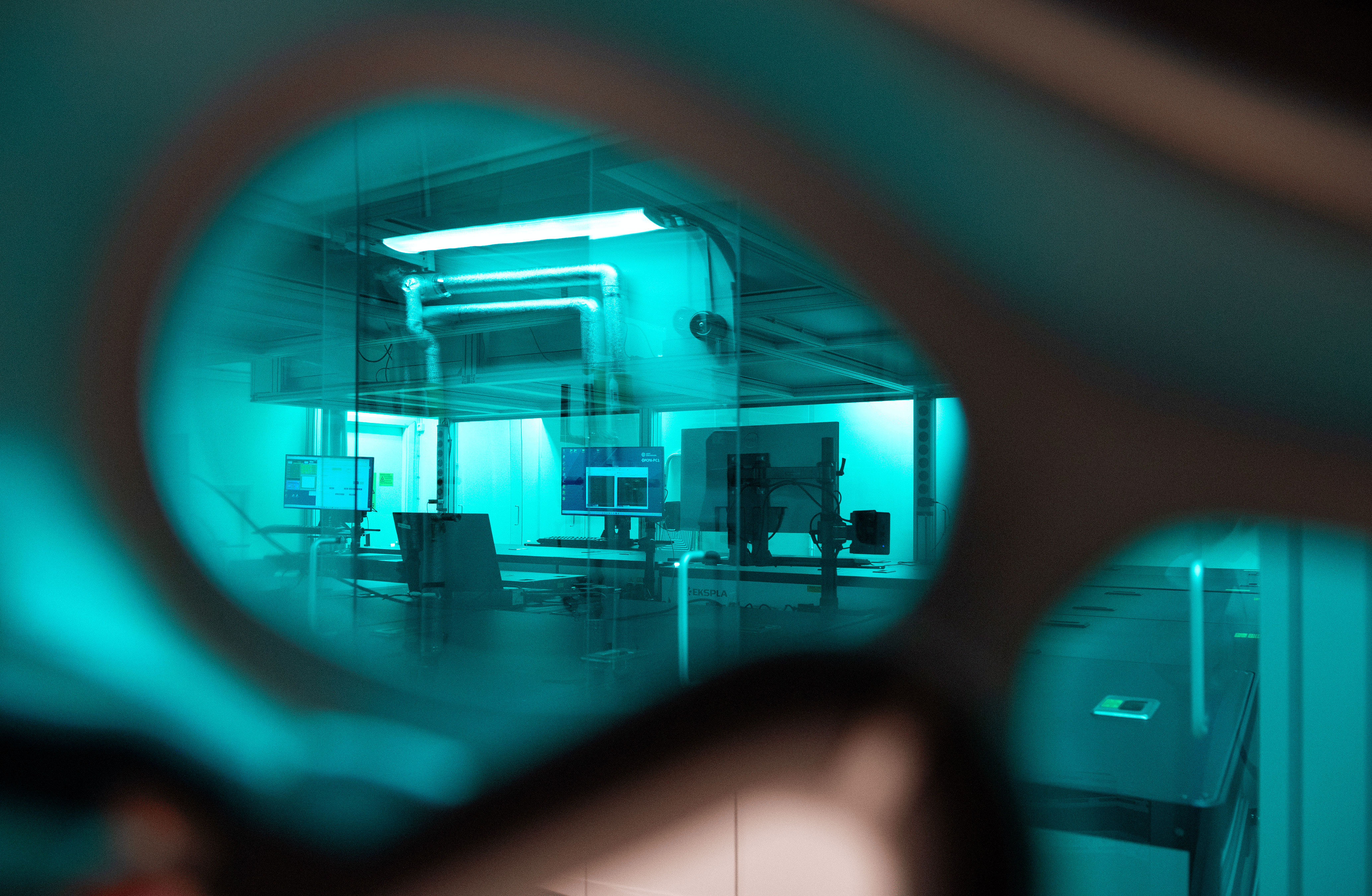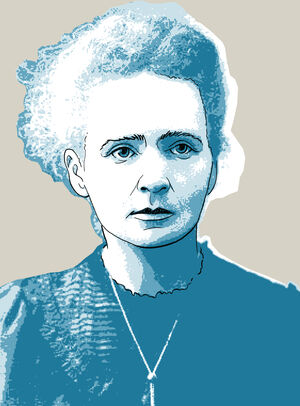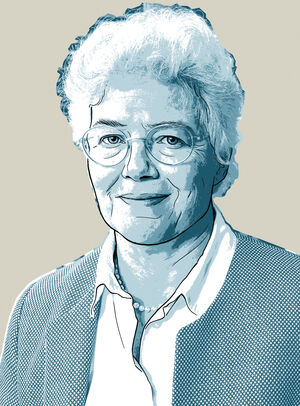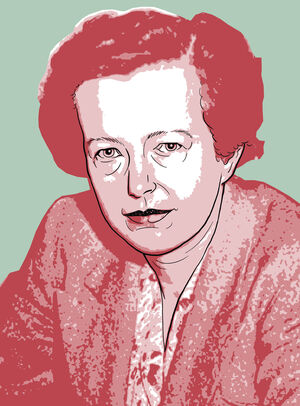Five of physics' foremost researchers
Anne L'Huillier joins an exclusive – but growing – group of Nobel laureates. Only five women have been awarded the Nobel Prize in Physics, with Marie Curie being the first.
Author: Yens Wahlgren – Published 7 December 2023


Marie Skłodowska-Curie (1867–1934)
Marie Curie, born in Warsaw, was awarded the Nobel Prize in Physics in 1903, alongside Henri Becquerel and Pierre Curie, for their research on radioactivity. She was the first woman to receive a Nobel Prize. In 1911, she also became the first woman to receive the Nobel Prize in Chemistry for the discovery of the elements radium and polonium. Marie Curie stands alone in having received the Nobel Prize in two different scientific categories.
Maria Goeppert-Mayer (1906–1972)
Maria Goeppert-Mayer, German-American physicist, was awarded the Nobel Prize in Physics in 1963, along with Eugene Wigner and J. Hans D. Jensen, " for their discoveries concerning nuclear shell structure". In 1948, Goeppert-Mayer presented a model that organized protons and neutrons in an atomic nucleus into a series of "shells," similar to the arrangement of electrons outside the nucleus.

Donna Strickland (1959–)
Donna Strickland, from Canada, was awarded the 2018 Nobel Prize in Physics along with Gérard Mourou and Arthur Ashkin “for their method of generating high-intensity, ultra-short optical pulses.” She developed high-intensity lasers, and the technology is now used in research as well as in millions of eye surgeries each year to correct refractive errors.

Andrea Ghez (1965–)
Andrea Ghez is an American astronomer who, along with Reinhard Genzel, was awarded the Nobel Prize in Physics in 2020 “for the discovery of a supermassive compact object at the centre of our galaxy”. This object is a black hole with a mass equivalent to four million suns.

Anne L'Huillier (1958–)
Anne L'Huillier was awarded the Nobel Prize in Physics in 2023 alongside Pierre Agostini and Ferenc Krausz. The three Nobel Laureates in Physics 2023 are being recognised for their experiments, which have given humanity new tools for exploring the world of electrons inside atoms and molecules. They have demonstrated a way to create extremely short pulses of light that can be used to measure the rapid processes in which electrons move or change energy.

